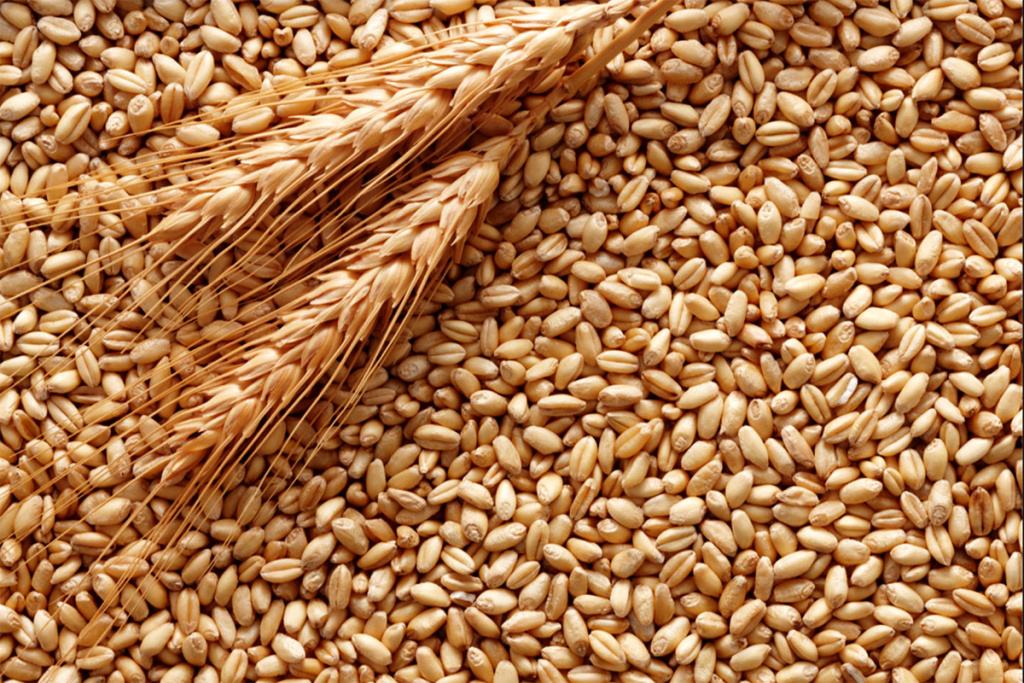India. By January, grain stock to be 2.7 times more than needed

Government figures show that Food Corporation of India procurement has far exceeded the buffer stock limit and by January 1,2021, India will have foodgrain reserves 2.7 times more that what is required, reflecting sustained procurement but also a massive problem of plenty.
Figures show procurement continued even after FCI stocks met the demands of the country’s food security and other welfare schemes. The stock is high despite the government offloading a large quantity of wheat and rice under PM Garib Kalyan Ann Yojna. Even the high offloading during the Covid-19 pandemic to help the poor and migrants could not deplete India’s foodgrain mountain, underlining a robust procurement system as also the costs of pruchase and storage.
Analysis of past data shows that the MSP of paddy increased by 43% in 2020-21 crop year compared to 2013-14, while the support price for wheat recorded an increase of 41% during the period. The hike can be attributed to the Centre’s decision to put the MSP of crops at a minimum 50% over the cost of production which also include imputed cost of family labour.
These figures were also shared with farm unions by agriculture ministry officials during the first two round of talks, explaining how the mechanism will continue to sustain food security in the country without compromising on farmer incomes.
Officials said the increase in MSP and procurement of two major crops —paddy and wheat — reflected the intent of the government to continue it without disruption. Though procurement of pulses and oilseeds has also gained momentum in past two-three years, its extent will depend on the states’ proposals.
Procurement of paddy and wheat too recorded substantial increase during the 2013-14 to 2020-21 period. Though the procurement is mainly concentrated in few states including Punjab, Haryana, Madhya Pradesh, Telangana and Chhattisgarh, it has more to do with the marketable surplus and robust government-regulated ‘mandi’ system.
“The intentions of the incumbent government regarding MSP and procurement should be better judged from its actions. During the last six years, the current government at the Centre has given three major pushes to the MSP regime,” said Ramesh Chand, member, Niti Aayog, in his working paper on new farm laws and its implication.
These three major pushes include a new benchmark for MSP, which ensures 50% or higher margin on cost; expansion of procurement for ensuring MSP to some other crops such as oilseeds, and a new scheme to extend financial support and share cost/losses to states that pay MSP to farmers for pulses.
Read also
Victoria Golubyatnikova, SGS – Speaker at BLACK SEA OIL TRADE-2025, Bucharest
Over 700 thsd tons of Ukrainian grain were exported
Moldovan government approves sale of Giurgiuleşti port to Romania
In Central Russia, oilseed crops overtook wheat in terms of sown area for the firs...
Sunflower seeds harvest forecasts: Drought hits Ukraine, while Russia and Kazakhst...
Write to us
Our manager will contact you soon



